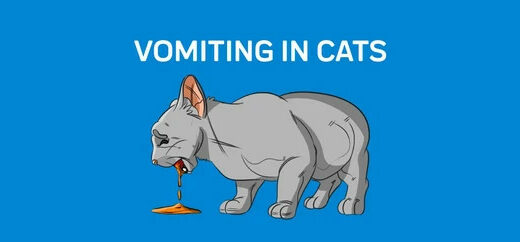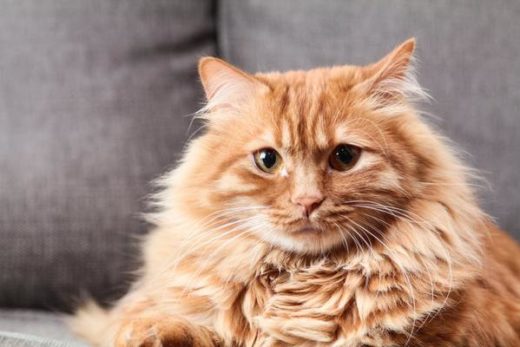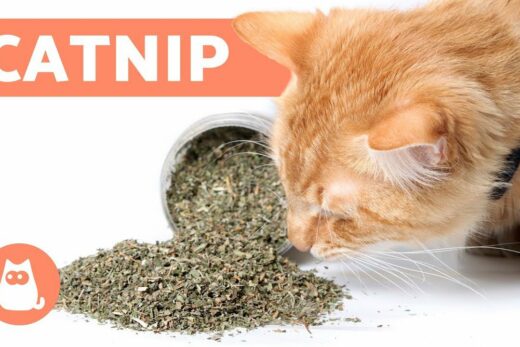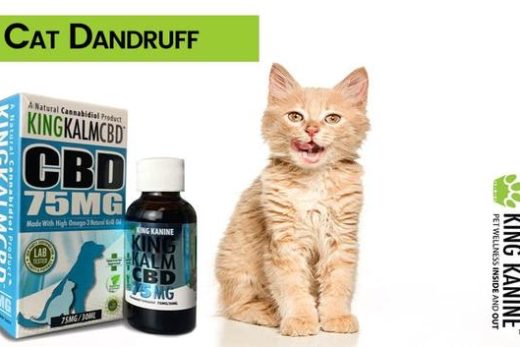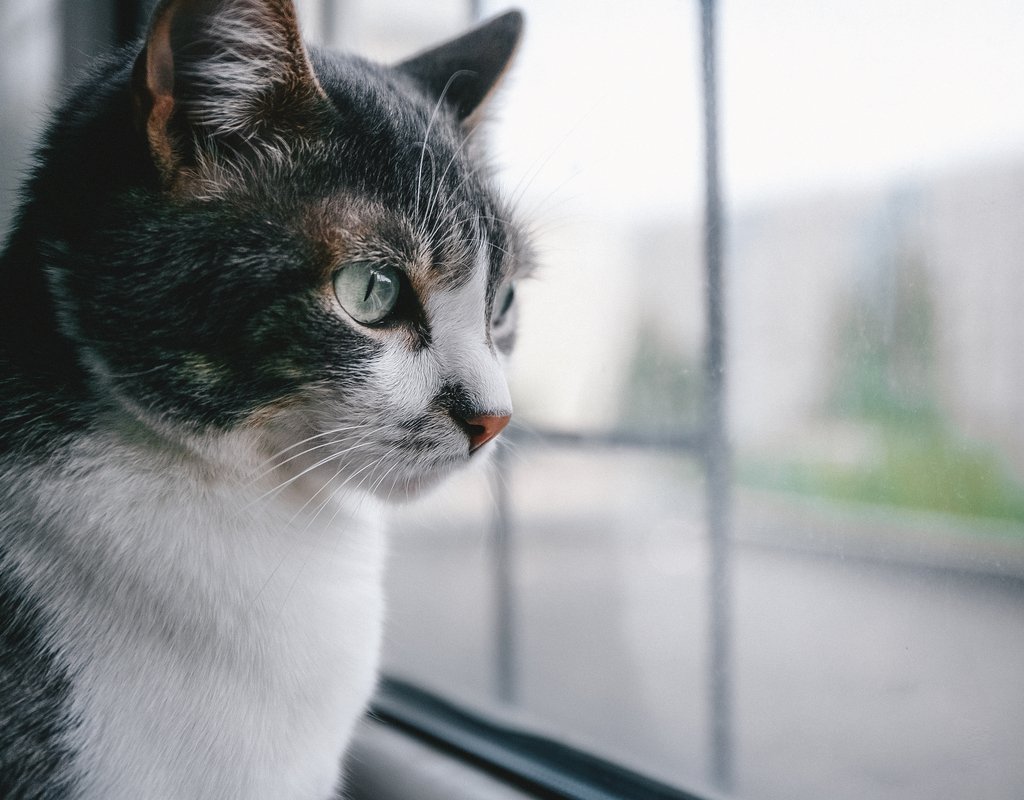
For us humans, pet ownership can be such a special and uplifting thing! Coming home to a furry friend waiting anxiously to greet you as soon as you step in the door: priceless.
Studies have suggested that there may be significant health benefits to having a four-legged friend in the house. A furry companion can increase your spark for life, motivation, and may help lessen the symptoms associated with mental health concerns. But what if the roles are switched? What if you think your cat is experiencing depression?
If you suspect that you’re dealing with a tired, unenergetic, and withdrawn catto, this article may be suitable for you! In today’s article, we’ll be talking about the possible reasons as to why your feline may be depressed as well as a couple of ways you may be able to help your four-legged friend out.
Let’s jump in!
Can Felines Get Depressed?
Unlike us humans who can verbally share about their depressive or sad feelings and triggers, our cattos can’t really just tell us what’s going on. Our felines rely on us cat parents to pick up on their change in behavior and body language. Changes in their behavior can be caused by a wide variety of things ranging from a stressful move to health concerns to new neighborhood cats outside the window every day.
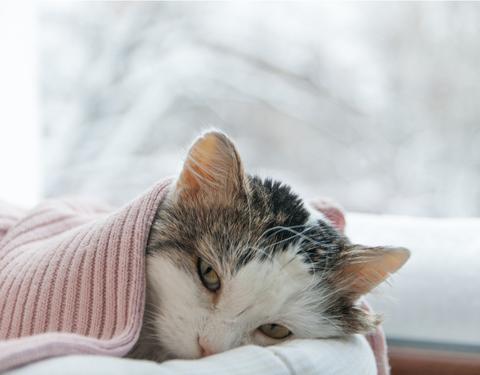
In cats, depression isn’t necessarily a chemical change in their brain per se, it can be more of a deeper issue. Pinpointing the cause of depression in cats requires more than a little here and there monitoring, you may need to call your vet for this one.
Depression in Cats: Common Signs and Symptoms
In a general sense, most cattos live very relaxed and lowkey lives, easily sleeping for 12+ hours a day or night. Their personalities can change in the drop of a hat, in some cases, with aloofness, disinterest, and temperamental behaviors being common in their waking hours. However, sooner rather than later, you may notice changes in their behavior that aren’t necessarily their “normal” changes. These could signal depression.
Here are some common signs and symptoms of depression in cats to look out for:
- Weight gain
- Weight loss
- Tiredness
- Inactivity
- Aggressive behavior
- Biting
- Signs of fear
- Sadness
- Vocal cues
- Purring excessively
- Lack of grooming
- Lack of cleanliness
- Tail tucked
- Ears held back
- Withdrawn behavior
- Loss of appetite
- Disinterest in treats or toys
Why Do Cats Get Depressed?
It’s an eerie feeling to think about why or how your cat can be depressed, is there more you can do as a caring feline parent? There is a whole slew of possibilities as to why your cat may become depressed. Here are some common causes listed below.
1. Poor Diet
Just like us humans, our cats need proper nutrition to keep their mind, body, and soul healthy and active. When it comes to your cat’s diet, they do need their necessary amount of carbohydrates, fats, and proteins to properly function and fuel their body.
The type and kind of food your feline eats does make a huge difference. Obese or overweight cats that constantly overeat are more susceptible to health issues arising. On the other hand, if your cat is underweight or isn’t really eating, they are also susceptible to health concerns.
When you begin your cat on a nutritious diet for you, they will surely reap the happy and health benefits. A poor diet, however, can lead them down a road of obesity, disease, infections, and or disorders. Yikes!
2. Pain
Your cat may be showing depression-like symptoms due to being in pain. Distress or discomfort are often shown by excessive licking or grooming, reduced activity, and more. Acute or chronic pain is one of the most common reasons for changes in your cat’s behavior.

